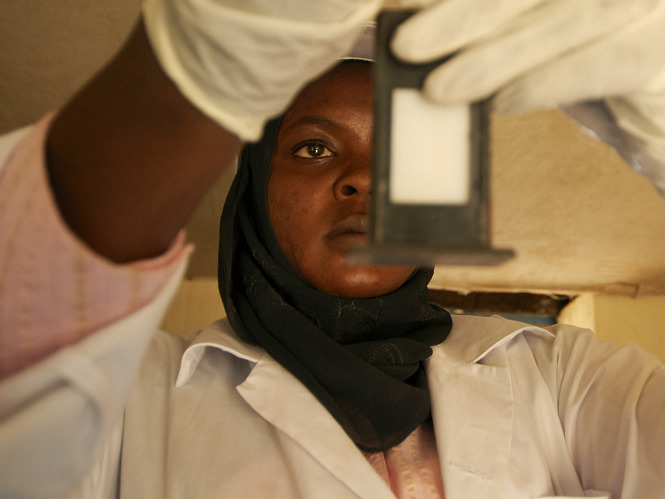By: Imogen Mathers
Send to a friend
The details you provide on this page will not be used to send unsolicited email, and will not be sold to a 3rd party. See privacy policy.
If you are unable to listen to this audio, please upgrade your browser or click here to download the file [16.8 MB].
Debates on epidemic control tend to focus on tools developed in the lab: the vaccines, treatments and diagnostic tools that underpin efforts to control disease. But there’s an enormous number of practical, local solutions that can help fight disease outbreaks, and it’s time global health organisations paid these more attention, says Emmanuel d’Harcourt, senior health director of charity the International Rescue Committee.
In this audio interview, d’Harcourt reflects on the “Thomas Edisons of the Ebola epidemic: people with exceptional talent or a brilliant idea, who really advanced things for everyone else”.
Liberian epidemiologist Mosoka Fallah, for example, developed new ways to trace the contacts of Ebola patients in neighbourhoods across Monrovia. Fallah’s local knowledge brought an invaluable cultural sensitivity to his approach to affected people in the city, d’Harcourt says. And, unlike many international teams, Fallah understood that “the people he was interacting with had part of the solution” to the crisis.
D’Harcourt also reflects on how lessons from the Ebola outbreak are being used now — in responding to the health needs and disease trends among Syrians displaced by the civil war. We can’t forget the lessons of Ebola, he says, “because they came at such a terrible price”.
The interview was recorded at a conference on 13 October at Chatham House, a think-tank in London, United Kingdom.














